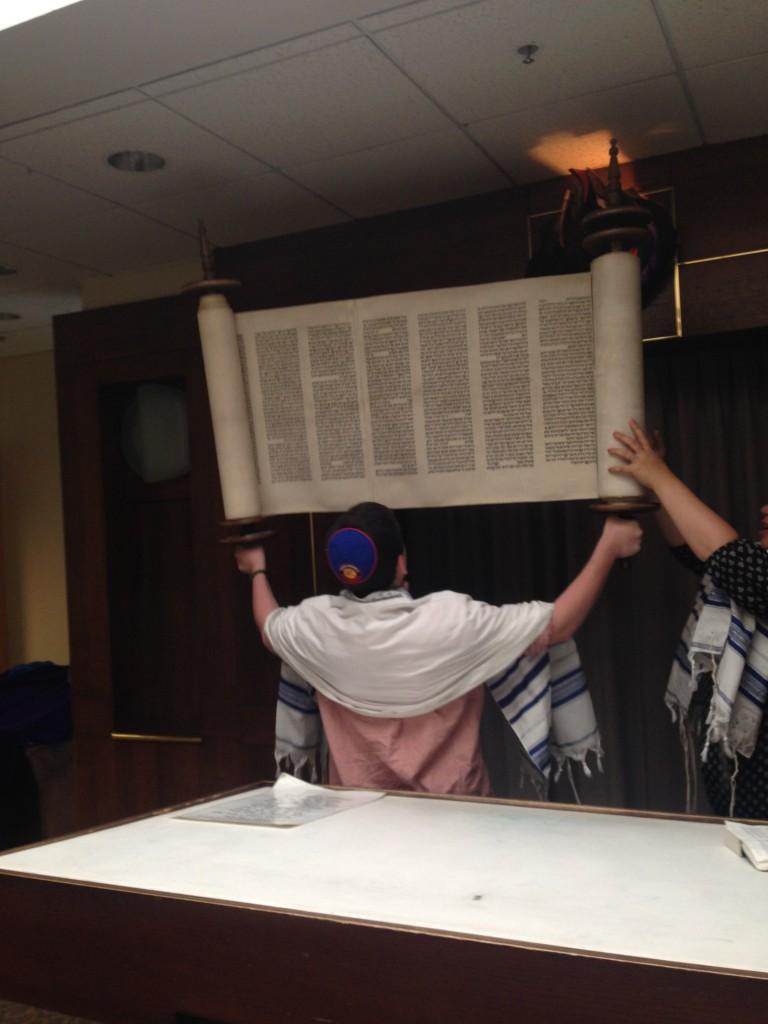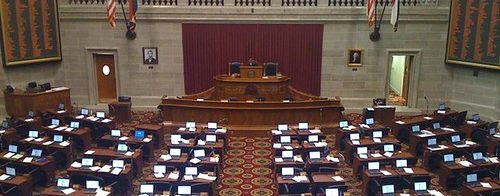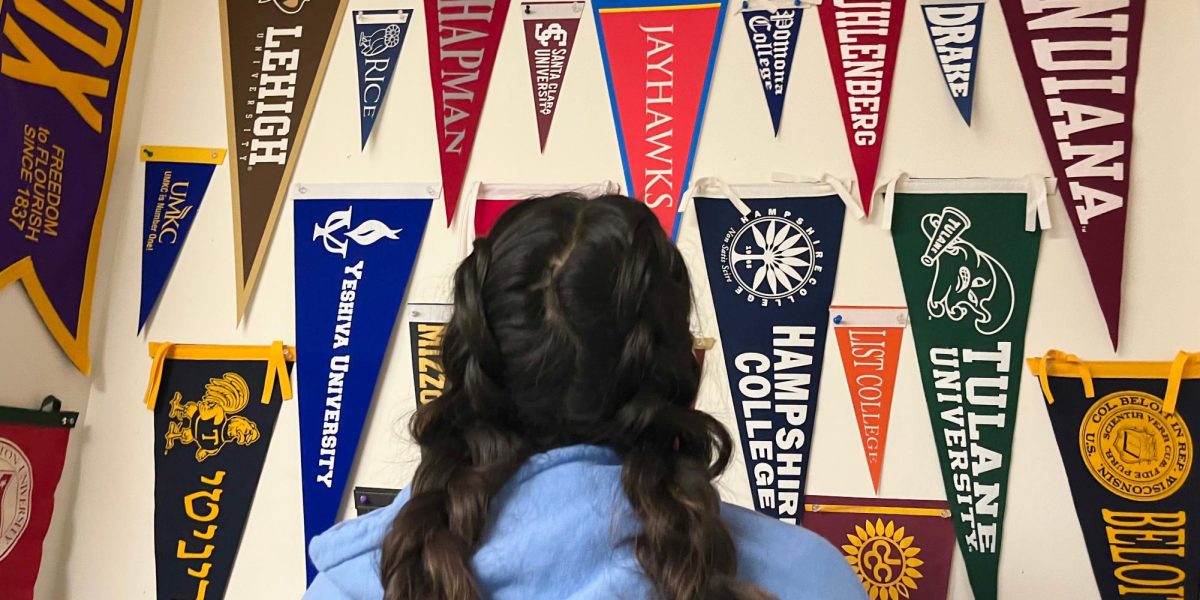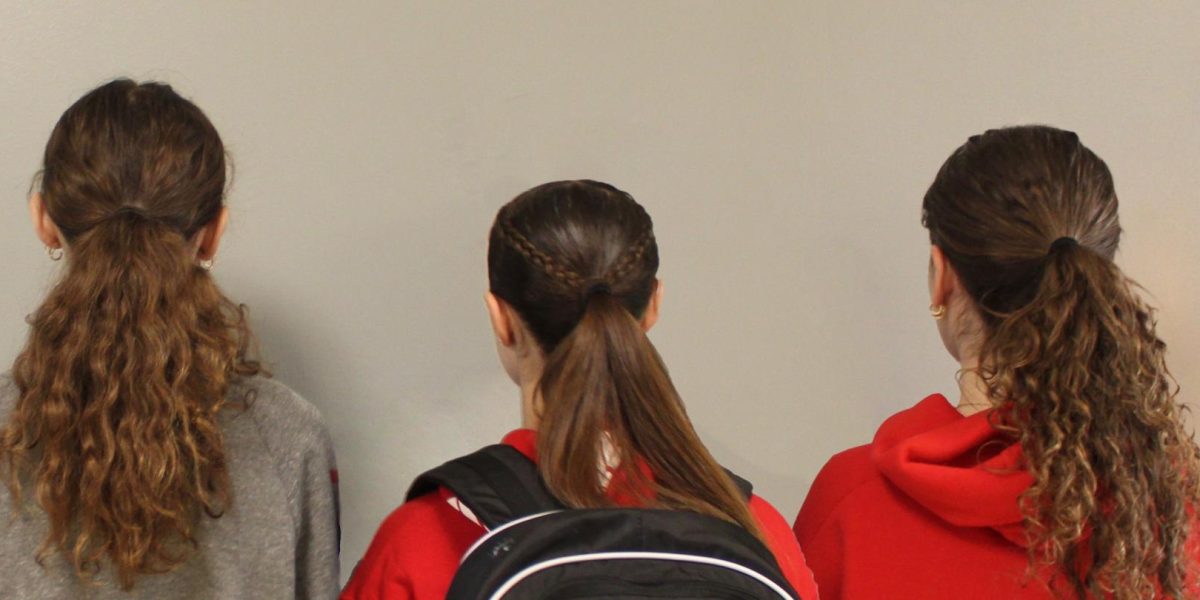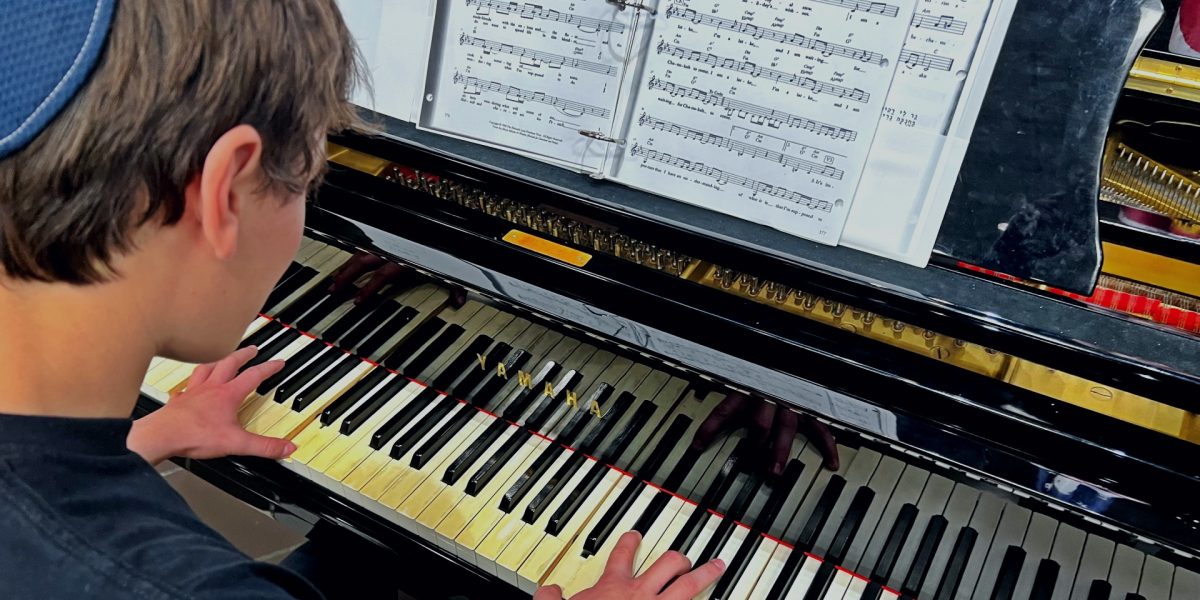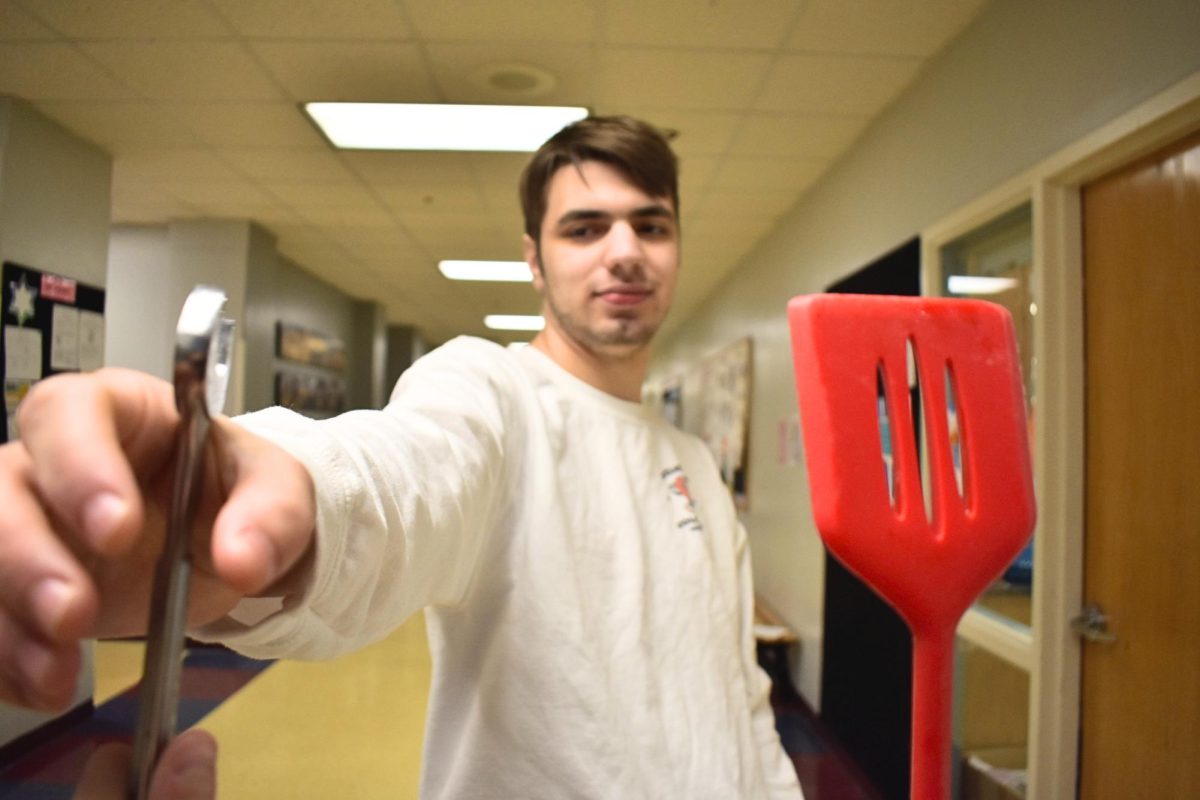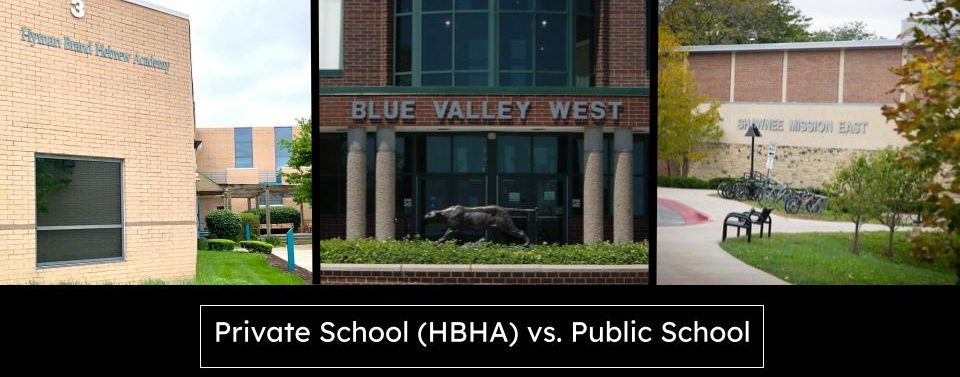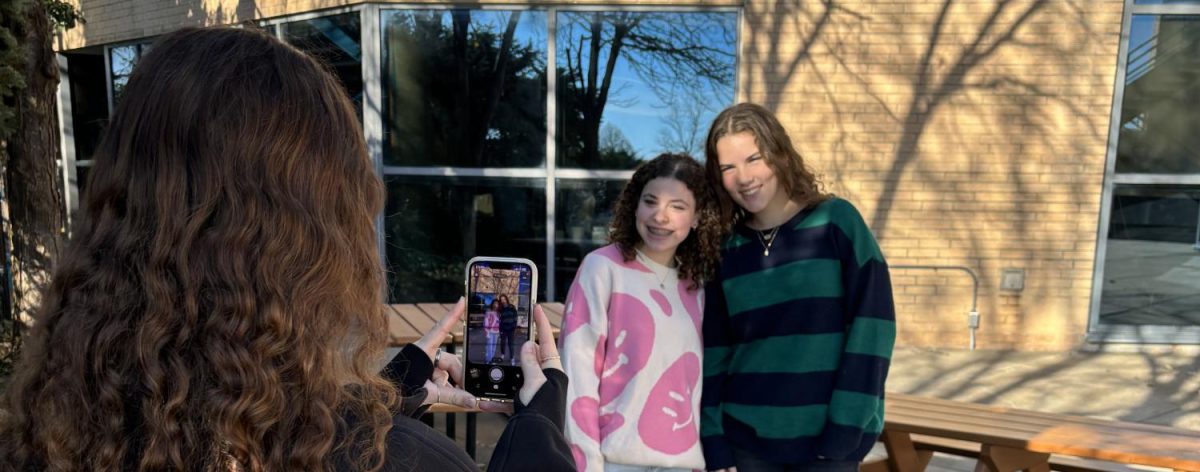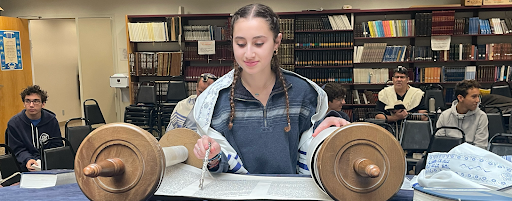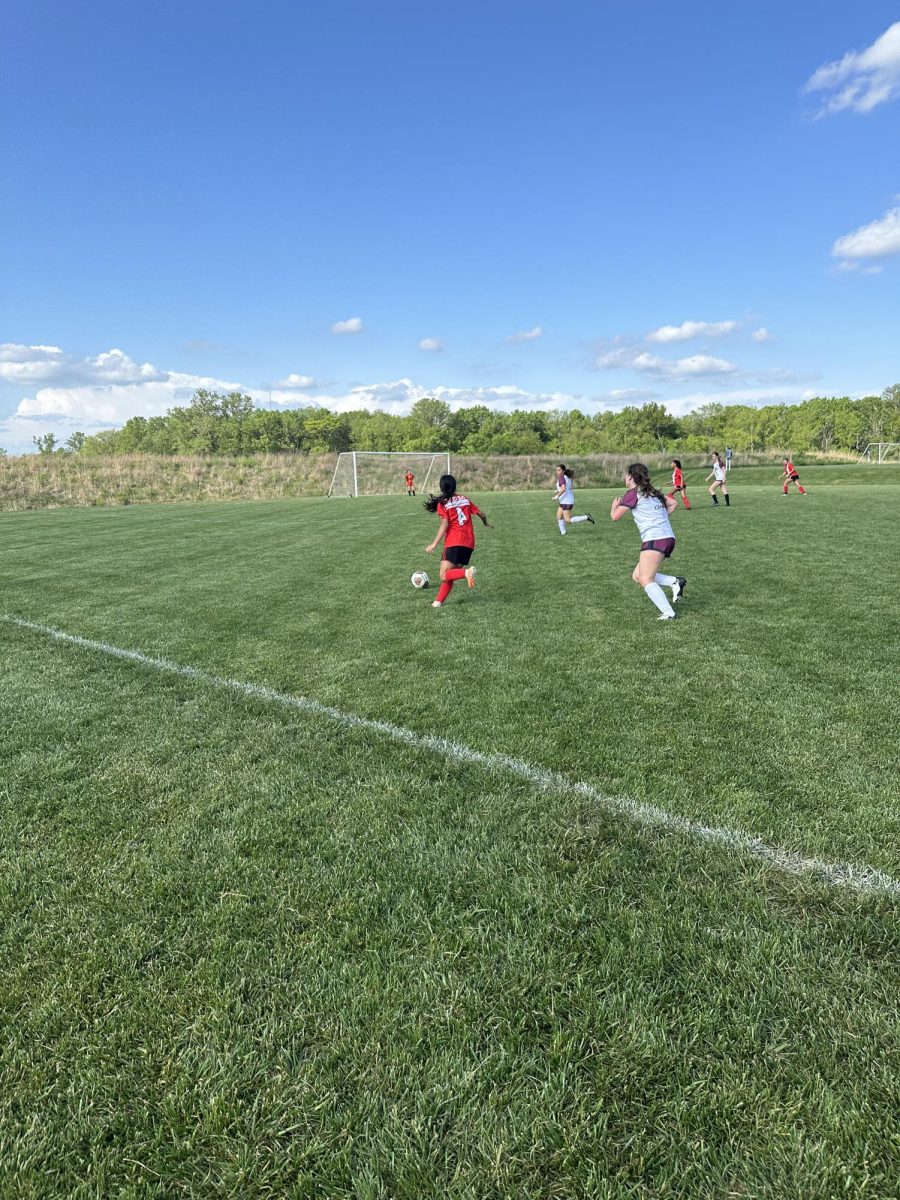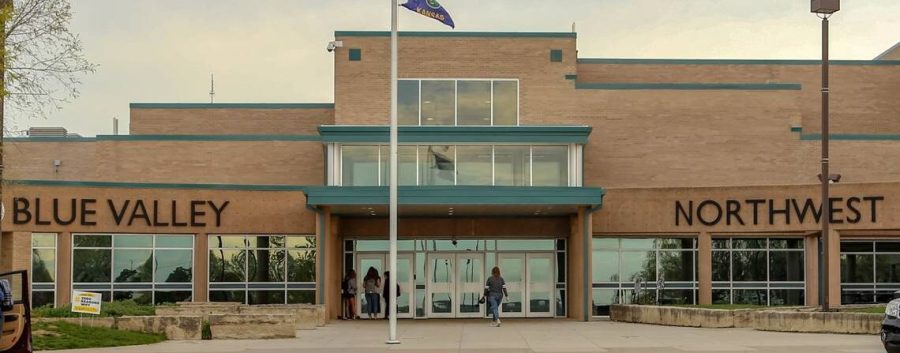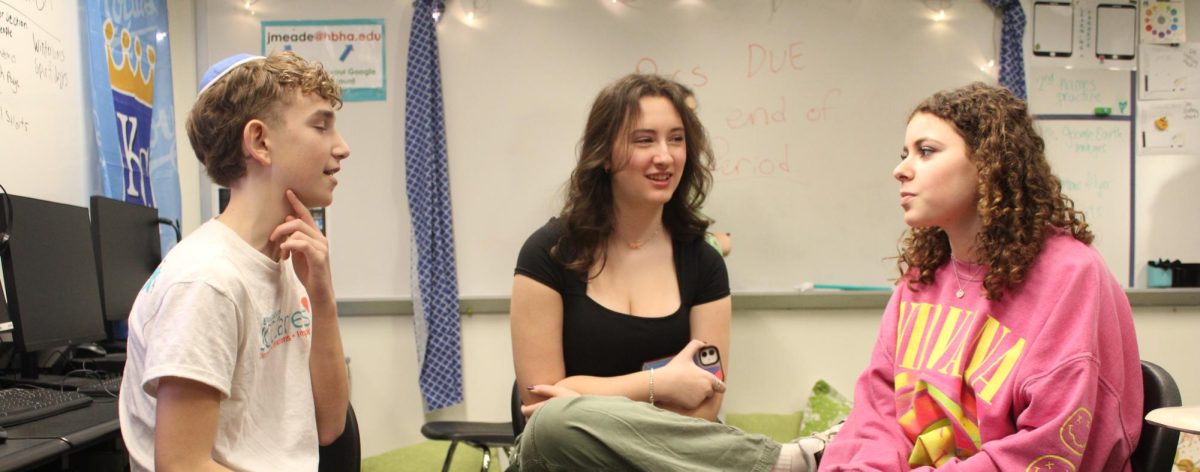Slider image from the Kansas City Star
Following the anticlimactic and disappointing 2021 Super Bowl, Hyman Brand Hebrew Academy (HBHA) had a late start at 10:00 a.m. for all students from Kindergarten to 12th grade. Being exactly two hours and five minutes after of the normal starting time, students and faculty alike had a leg up on their sleeping schedule, experiencing a day of engaged learning and committed work. Unfortunately, the Super Bowl doesn’t happen every day, nor do 10:00 A.M. late starts. But should schools around the nation, including HBHA, start looking towards extending the average starting time for class?
As we all might know, the Center for Disease Control and Prevention (CDC) recommends around 8-10 hours of sleep for adolescents aged 13-18. Side effects for not reaching this recommendation or being personally sleep deprived include increased risks of depression, anxiety, and overall lower performance in school-based activities.
There are multiple practical solutions to sleep deprivation in adolescents, both involving teenagers and their parents or guardians. Parents can help by enforcing stricter bedtimes and guide their child to set appropriate times for doing schoolwork or being around a screen. On the other hand, teenagers themselves can instill their own better habits such as establishing a consistent sleep schedule on weekdays and weekends, and avoiding activities involving a screen or homework at least an hour before bedtime.
These solutions sound great and all, but the average teenager will bombard you with a flurry of valid questions. What if I don’t have enough time to finish homework and get to sleep on time? What if my extracurricular activities take up too much time from my day? What if I need to be looking at a screen to do my homework?
Along with that, there is another major complication that goes along with teens getting enough sleep to wake up for school, and that involves their circadian rhythm. Essentially, this is a biological clock that activates hormones to either get you to wake up or fall asleep. It typically responds to light or dark environments, releasing melatonin to make you sleepy and cortisol to make you alert. Through puberty, the rhythm shifts to make teenagers fall asleep between 10:00-11:00 p.m. compared to 8:00-9:00 p.m. on an average day. Therefore, it is not that teenagers are deliberately staying up later and suffering the next day based on their own decision, but rather based on their own biology.
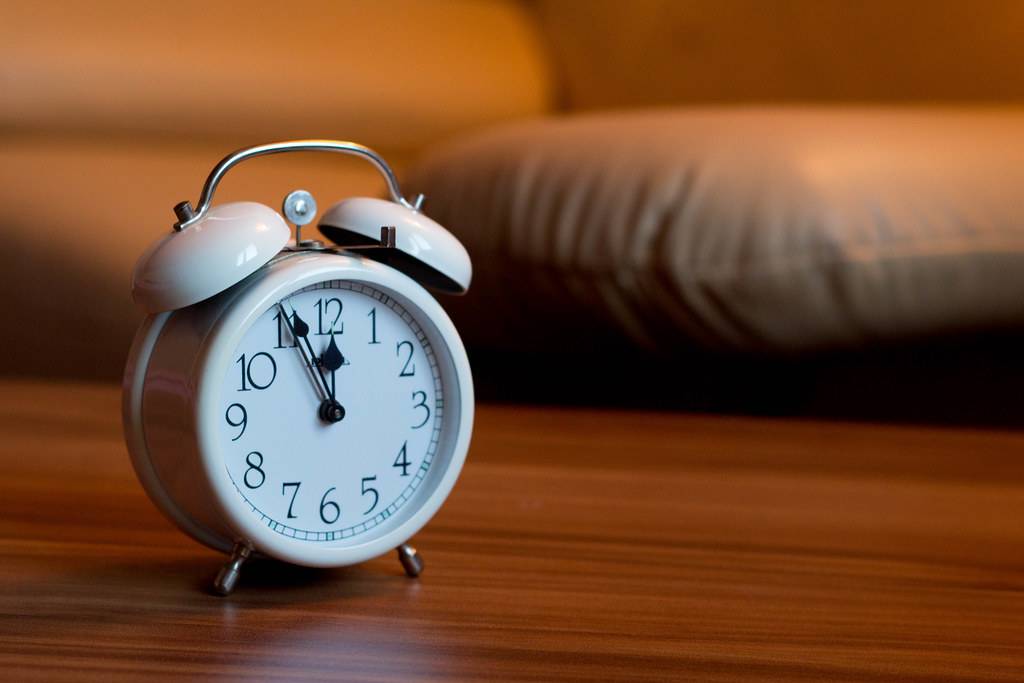
The fact that teenagers inherently have a later schedule that causes them to want to go to sleep later and wake up later reveals why early school starting times cause such a problem. According to the American Academy of Pediatrics, the recommended starting time for middle and high schools is 8:30 a.m., but the National Center for Education Statistics reports that only seventeen percent of public American high schools start at 8:30 or later, with the average starting time being 8:00 a.m..
8:00 a.m. may seem like an inoffensive and justified value for a starting time, but what do the students think of HBHA’s current starting time, 7:55 a.m.?
Firstly, given that about half of 50 middle and upper school students said they have a 10-20 minute commute to school, the amount of time to get to school must be taken into consideration. Not only that, but everyone’s daily routine certainly does not start in the car. The students’ responses generally reflected that they were required to wake up at 6:30 a.m. on average to get ready for the day, sometimes not even having enough time to eat breakfast.
As far as the students’ opinions about the current starting time, 62 percent said that they were not satisfied with the 7:55 a.m. starting time whereas 28 percent were indifferent towards it. Additionally, when asked about what they thought was a reasonable starting time for HBHA, 36 percent voted for between 8:00-8:30 a.m. while 34 percent voted for an 8:30-9:00 a.m. start.
Abby Kreisler, an HBHA senior justifies that “pushing back the start time to 8:30 would give students the ability to get more sleep and cut down on the morning stress.” HBHA sophomore Benji Kohl adds that a starting time between 8:30-9:00 would give students the opportunity to “pay attention more during class.”
The same consensus was expressed by middle school students as well, as eighth grader Yaron Heiligman stresses that “sleeping is very important for the growth of kids,” and managing work, extracurricular activities, and personal time can be especially difficult when students have to wake up so early.

The very suggestion of even a thirty minute later start for HBHA entices multitudes of students, but can it really be that simple? Norah Pabst, an HBHA sixth grader, is one of the five students who are satisfied with the current starting time, bringing up the important issue that involves teachers and parents.
“If we started any later it would alter the teacher’s schedules,” meaning “they would have less time to interact with students, especially students who need help,” says Pabst. She also adds that starting even at 8:30 is unreasonable “because parents who have jobs that start before then will not be able to get to their jobs.”
Essentially, Pabst brings into question the reality of the situation. Just like parents struggled with getting to work as their children went to school virtually because of lockdowns during the pandemic, they too will struggle in the same way if students start later.
Sara Whelan, HBHA school psychologist, strongly sympathizes with the students who plead for later start times, but also takes in consideration of the effect it has on the school as a whole.
This issue applies exceptionally to HBHA, as Whelan remarks that “to change one bell schedule [for high school] would mean we’d have to change elementary and middle school.” Being such an integrated school of all grade levels means that the schedule would have to accommodate each student, not to mention teachers who teach various grade levels.
Whelan also finds the necessity for such a long school day a result of HBHA’s curriculum centered in not only state-required credits, but also Judaic and Hebrew studies. In making such a monumental change to our school, the big question that Whelan points out is “how do we get a quality education to you all when we’re focusing on Hebrew, Judaics, as well as [core] academics” with a shorter day?
Todd Clauer, HBHA Upper School Principal, also recognizes that the school’s extensive curriculum becomes a problem when trying to extend the starting time. Furthermore, extending the starting time would mean that we would have to end later. “If somebody came along and said ‘let’s start school at 9:00,’ we’re not going to finish at 3:40,” Clauer says.
Another issue that Clauer brings up is our alignment with other schools in terms of moving the schedule ahead. Typically, both for soccer and basketball, students are required to leave school early for games because opposing public schools end earlier than HBHA. According to Clauer, “you exacerbate that problem if we move everything back because you would end up missing more class.”
However, there are some considerations to make that could act as a compromise for our current schedule. Clauer remarks that it could be plausible to institute a late start once a week, as other schools have started to do so. The time created by this change would be filled in by a faculty meeting, as they happen after school every Monday.
Another consideration Clauer wants the students themselves to make is how electives and prayers fit into the equation.
“I think that starting with prayers is not an academically intensive experience- we’re not learning something that we have to get a test on,” Clauer speculates. “It’s almost a little bit of a meditative ‘waking yourself up’ depending on how you use that in your mental space. Second, having electives at the beginning of the day means that as students are starting into their day, they’re not jumping into something like AP US History or Honors Physics at that early of a time.”
Essentially, Clauer wants students to recognize and appreciate the fact that while we may start our day early, “our academic core classes actually start after 10:00 everyday,” giving students the ability to mentally prepare and adjust themselves for their more important classes.
While HBHA students and faculty may never realistically see a dramatic change in schedule for the time being, every change starts with a conversation. As Whelan and Clauer mentioned, discussions about changing the schedule for school have come to little effect, but the more demand and attention it is given, the more likely we can push for a change.
























